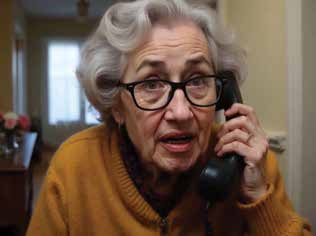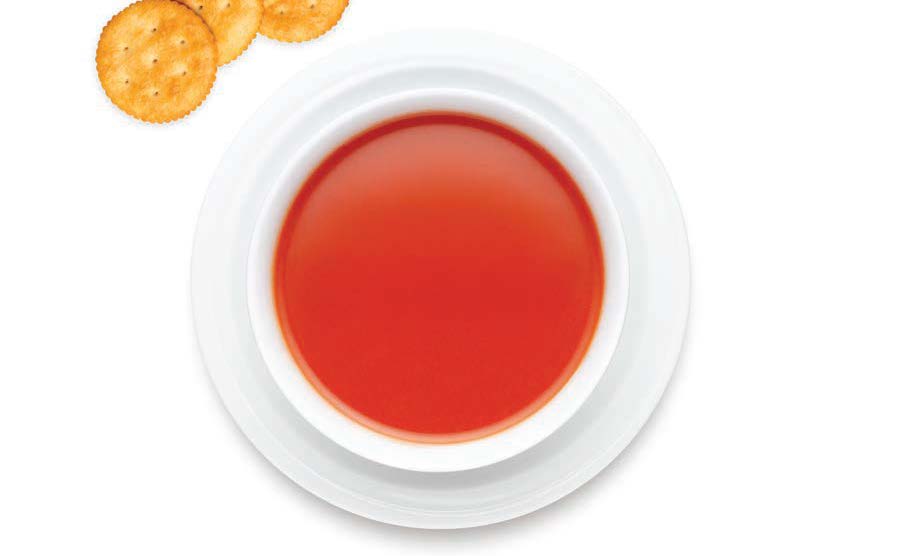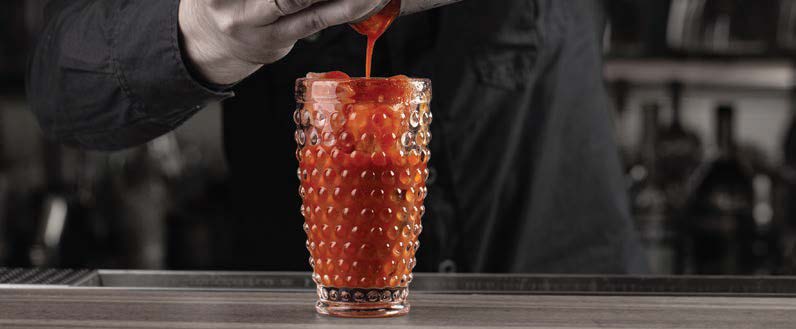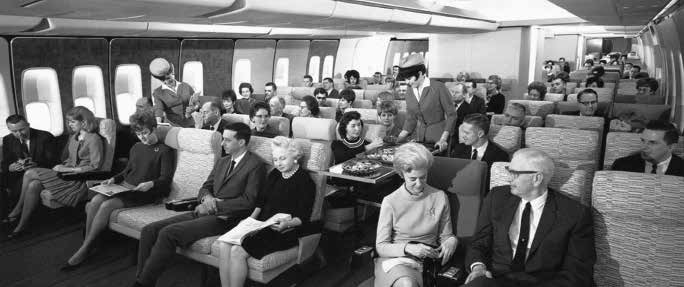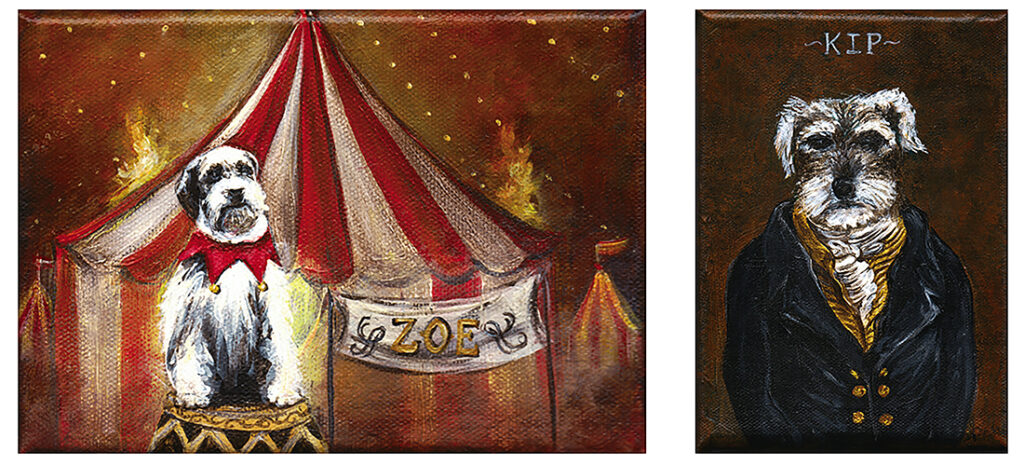Home Grown
HOME GROWN

Who really holds the power?
By Cynthia Adams
My friend, Pratt, is laid up with woes: a serious illness that has taken a number of medical tests to diagnose and more pain pills than he cares to swallow.
But this week just takes the cake, he tells me. A favorite Toby jug slipped from his hands and shattered. His microwave won’t cook beyond seven minutes before halting. “Is it protesting, or just broken?” I ask. I suggested what my tech-savvy husband always tells me: power off and restart.
Then his smart TV died.
“I’m reduced to using my old, stupid TV,” he mutters.
From my experience, smart TVs are just as stupid.
Ours regularly seems to freeze up — much like I used to do before a Toastmaster’s speech. It goes into sputtering spasms mid-streaming, just before the second to last episode of a compelling Netflix drama.
Our so-called smart TV doesn’t especially like being told what to do by Roku and regularly strikes until rebooting.
Rebooting heretofore sounded like something you’d have a cobbler do, versus a tech fix.
Sadly, even if my TV is getting smarter, I am not. The mechanisms of technology mystify me as much as ever. When my bank’s online bill-paying function abruptly stopped working this past weekend, I developed hives, fearing I’d been hacked.
Nope.
The banking IT pros were the guilty party behind this sabotage, all due to an update. Post said improvement, nothing functioned properly for days. Trying to resolve this over the phone — during which I was asked such things as “have you cleared your cache?” — I shuddered and felt mildly sick.
Actually, no, I had not even touched my cache.
“What about your VPN?” Before I embarrassed myself by blurting out something about my VCR (long ago consigned to recycling), I answered honestly. “VP what?”
The customer service representative sighed. “Try logging in via a search engine other than your usual.” Flustered and fumbling as she stayed on the phone with me, I faced another hurdle. I could not read my own scribbled passwords.
My head throbbed. Meantime, Citibank hit me with a $28 late fee for a balance of $18 I couldn’t manage logging on to pay.
By day five of this technological marathon, I had a low-tech solution. Maybe I’d move elsewhere. But I was soon notified of a national data breach. My response? To freeze my credit and change all auto payments, and google distant archipelagos where no one uses the word “breach.”
My cell phone immediately began doing a curious thing, cutting out calls as quickly as I could answer them, perversely trying to connect to my headphones each time.
I took the same advice I’d rattled off to Pratt and gave it the ol’ power off and reboot.
It worked!
Seems you don’t have to have the smarts to hold the power. But before I clear my cache, I’m doing a juice fast, pulling olive oil and visual meditation.
Then I’m powering my entire self completely down.





